Tuesday, September 4
| 9:45 - 10:30 a.m. | "Coffee and Conversation," ICL [ICL Social Committee], Montag Den Come early to share summer stories and meet new members. Coffee and tea provided by the ICL Social Committee |
| 10:30 - 11:30 a.m. | "Opening Day Kickoff," Opening Session [ICL], Montag Den We continue our opening morning with comments from our Executive Director, Sally Schriver, followed by introduction of our new members. **Please wear your name tag!** |
| 11:30 a.m.–12:30 p.m. | "Challenges Facing Liberal Arts Colleges," Dean Ruth P. Feingold [Anne Bowden], Montag Den
|
| 1:30 – 3:30 p.m. | "Democracy's Retreat in Asia and the Surprising Malaysian Exception," Professor Greg B. Felker [Tom Hibbard], Kaneko Auditorium
Greg received his PhD from the Woodrow Wilson School of Public and International Affairs in 1998. He is an Associate Professor of Asian & International Studies. He has been teaching at Willamette since 2005, and previously taught at the Hong Kong University of Science & Technology, and held visiting appointments at the University of Western Australia in Perth, Chulalongkorn University in Bangkok, Thailand, and the University of Maryland, College Park. |
Thursday, September 6
| 10:30 a.m.-12:30 p.m. | "Tribal Matters in Oregon," Daniel Santos, JD [Bob Muir], Kaneko Auditorium
Associate Dean for Student Affairs and Administration, Daniel P. Santos, a graduate of Willamette University College of Law, returned to the school in June 2011 after two decades of service to four Oregon governors. As Associate Dean for Student Affairs and Administration, he consults with student organizations and oversees the offices of Admission, Career and Professional Development, and Student Services. Santos was a senior policy advisor for Gov. Ted Kulongoski and worked on an array of issues including tribal and labor relations, collective bargaining, housing, education and military services. In the first administration of Gov. John Kitzhaber, Santos served as legal counsel and education policy coordinator and worked on juvenile and adult criminal justice issues. Santos was Gov. Barbara Roberts’ legal counsel and chair of the Oregon Board of Parole and Post-Prison Supervision. He also served as Deputy Citizen’s Representative and director of the Commission on Agricultural Labor in Gov. Neil Goldschmidt’s administration. Santos’ numerous honors include the Paul J. DeMuniz Professionalism Award from the Oregon Hispanic Bar Association; the Judge Mercedes Deiz Award from Oregon Women Lawyers; the Leadership Award from the Hispanic Metropolitan Chamber of Commerce; and the Lifetime Achievement Award from the World Arts Foundation. In 1990, Southern Oregon University named him one of its distinguished alumni. |
| 1:30 – 3:30 p.m. | "Marine Mammals," Dr. Bruce Mate [Dru Johnson], Kaneko Auditorium
|
Tuesday, September 11
| 10:30 a.m.-12:30 p.m. | "Great Decisions: Media and Foreign Policy," Sharon Johnson and Bob Muir [Jeanette Flaming], Kaneko Auditorium
|
| 1:30 – 2:30 p.m. | "Music as a Mirror of History, Video Lecture: Berlioz/de L'Lisle: 'La Marseillaise' (1830)," Professor Robert Greenberg [Solveig Holmquist], Kaneko Auditorium
Robert Greenberg earned a B.A. in music, magna cum laude, from Princeton University and received a Ph.D. in music composition, from the University of California, Berkeley, where he studied with Olly Wilson. At the San Francisco Conservatory of Music he was chairman of the Department of Music History and Literature and Director of the Adult Extension Division. Dr. Greenberg is currently Music Historian-in-residence with San Francisco Performances. Greenberg has lectured for some of the most prestigious musical and arts organizations in the United States, and is the resident composer and music historian for National Public Radio’s Weekend All Things Considered. He is also the Music Historian in Residence at San Francisco Performances, and hosts their "Saturday Morning Series" (a lecture combined with performances) with the Alexander String Quartet. |
| 2:30 – 3:30 p.m. | "One-Hit Wonders," Solveig Holmquist [Solveig Holmquist], Kaneko Auditorium
ICL member and WOU Music Professor Emerita |
Thursday, September 13
| 10:30 - 11:30 a.m. | "Creative Process in Printmaking," Ann Kresge [Jinx Brandt], Kaneko Auditorium
Ann Kresge is an internationally exhibited artist whose works are in university, museum and private collections. She works in a range of media and has a specialty in printmaking and book arts. Kresge was born in Wisconsin, has lived in Europe and NY and is currently a resident of Salem, Oregon. She has a BA in Studio Art from Smith College and an MFA in Printmaking and Graphic Design from Pratt Institute. Kresge’s work is included in the following collections: The National Museum of Women In The Arts, Washington DC, The Victoria and Albert Museum, London, Yale University, Vassar College, New York Public Library, US Library of Congress, and the Art Institute of Chicago." |
| 11:30 a.m. - 12:30 p.m. | "The Hallie Ford Museum of Art: Looking Back, Looking Forward ," John Olbrantz [Bob Muir], Kaneko Auditorium
John Olbrantz is currently the Maribeth Collins Director of the Hallie Ford Museum of Art at Willamette University. A native of Washington, he holds a BA degree from Western Washington University and an MA degree from the University of Washington in the history of art, and a Study Certificate from the University of California, Berkeley in arts administration and management. In addition, he did further graduate study at the University of California, Santa Barbara. A specialist in ancient and American art, he is particularly interested in Roman art, the history of archaeology, contemporary American art, and the history of museums. |
| 1:30 – 2:30 p.m.. | "Hospice & Palliative Care: Past, Present, & Future," Melissa Lindley [Jinx Brandt], Kaneko Auditorium
Melissa Lindley, Community Outreach Coordinator at Willamette Valley Hospice, has been providing end-of-life education in the mid-valley for over 10 years. A graduate of Western Oregon University, Melissa came to hospice care with a varied background in public health and social services. She is passionate about helping the community understand their choices for end of life care and planning ahead for the end of life. To this end, she offers complimentary advance directive workshops to community groups and enjoys facilitating conversations about hospice and end of life issues. |
| 2:30–3:30 p.m. | "When Words Fail: An Introduction to Hospice Music Therapy," Jessica Western, MT-BC [Jinx Brandt], Kaneko Auditorium
|
Tuesday, September 18
| 9:00 - 10:15 a.m. | September ICL Board Meeting, Kaneko Conference Room 121 |
| 10:30 -11:30 a.m. | "Food Justice," Ian Dixon-McDonald [Anne Bowden], Kaneko Auditorium "I have a vision that we can all live in a healthy and thriving community where everyone has access to nutritious affordable food every day. While most people may think FOOD is the most important word in our name, I think the most important word is SHARE. How can we create a true community that values each other so much that sharing is part of our core culture?" My talk today will be the story of how Food Banking has changed over the last 30 years to play a role in community building and addressing the intersection of hunger, poverty and equity. |
| 11:30 a.m. - 12:30 p.m. | "TED: Ideas Worth Spreading," Don Gallagher [Anne Bowden], Kaneko Auditorium
|
| 1:30 – 3:30 p.m. | "Birding Without Borders: An Epic World Big Year," Noah Strycker [Don Gallagher], Kaneko Auditorium
|
Thursday, September 20
| 10:30 - 11:30 a.m. | "The Story of Bears," Lester Reed , Kaneko Auditorium
|
| 11:30 a.m. - 12:30 p.m. | "One Hit Wonders," Solveig Holmquist [Jim McDonald], Kaneko Auditorium
|
| 1:30 – 2:30 p.m. | "Play Preview of "Dead City"," Jonathan Cole, PhD [Deborah Ehlers], Kaneko Auditorium
|
| 2:30 – 3:30 p.m. | "The Western Mining Frontier: Silverton, Colorado; A Case Study and a Family History," Bob Plantz [Don Gallagher], Kaneko Auditorium
|
Tuesday, September 25
| 10:30 - 11:30 a.m. | "Almost All About Dogs," Paul Rice [Joel Woodman], Kaneko Auditorium
|
| 11:30 a.m. - 12:30 p.m. | "Climate Change and the Need for Sustainable Energy and Transportation: PART 1–The Science of Climate Change," Peter Ronai, Kaneko Auditorium
|
| 1:30 – 2:30 p.m. | "Thirty Years of Raising and Training Puppies for Guide Dogs For The Blind," Sharon Zupo [Barbara McReal], Kaneko Auditorium
|
| 2:30 – 3:30 p.m. | "Climate Change and the Need for Sustainable Energy and Transportation: PART 2–Sustainable Energy," Peter Ronai, Kaneko Auditorium In this second hour, Peter deals with Sustainable Power Generation. The Trump administration is committed to increasing the share of coal as a source of US power generation, despite overwhelming evidence that coal is a major contributor to atmospheric greenhouse gases (not to mention radioactivity—yes, radioactivity! —and other forms of pollution in the environment). |
Thursday, September 27
| 10:30 - 11:30 a.m. | "The "Art" of Gallery Direction," David Wilson [Jinx Brandt], Kaneko Auditorium
|
| 11:30 a.m. - 12:30 p.m. | "David Wilson: My Art and Research," David Wilson [Jinx Brandt], Kaneko Auditorium A presentation and explanation of my artwork, and art related research with military art archives in Washington DC. |
| 1:30 – 3:30 p.m. | "Surviving the H-Bomb," John R. Halderman [Ken Panck], Kaneko Auditorium
|


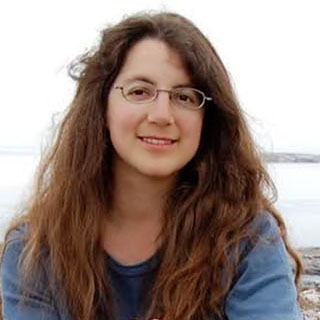 Liberal arts colleges across the country, including Willamette, are facing lower enrollments. Dean Feingold will address the issue and explain the both the causes and the steps Willamette is taking to meet the challenge.
Liberal arts colleges across the country, including Willamette, are facing lower enrollments. Dean Feingold will address the issue and explain the both the causes and the steps Willamette is taking to meet the challenge. 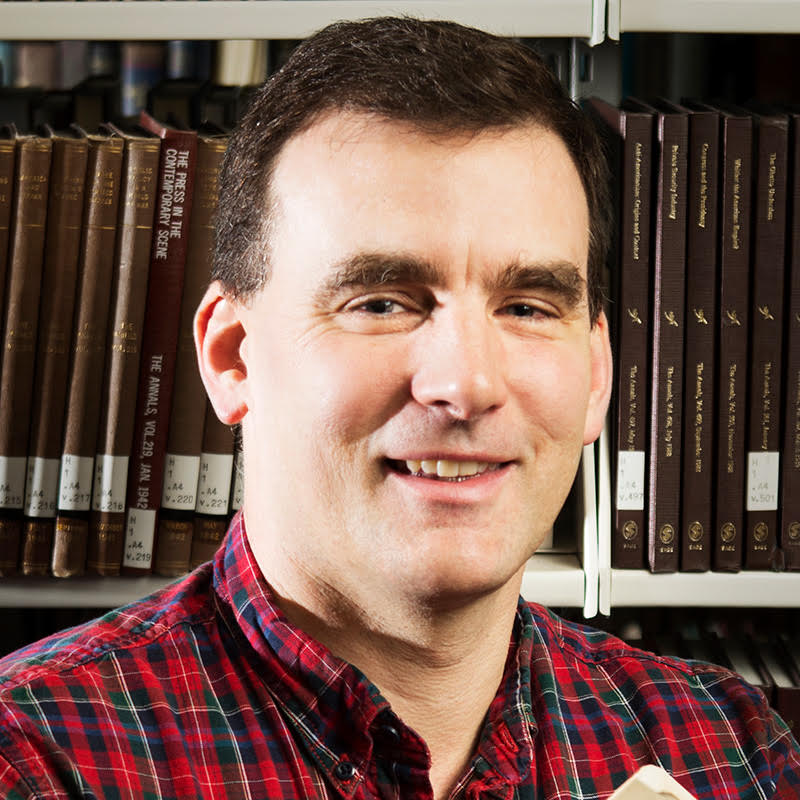 Summary: Worldwide trends of democratic weakening and authoritarian durability have been particularly notable in Southeast Asia. Since the region has also seen rapid economic growth and social modernization, this pattern defies the expectation that wealthier societies will inevitably become more democratic. Why has democracy struggled so much in this region? One recent event, however, bucked the gloomy trend. Malaysia's election on May 9, 2018 was thought to be fully "rigged" in advance, but produced a surprise victory for the opposition. Why and how did Malaysia counteract Southeast Asia's democratic recession? This talk will identify political trends in Southeast Asia, highlight some of the factors in Malaysia's "democratic tsunami", and touch upon the wider implications for democracy in Asia.
Summary: Worldwide trends of democratic weakening and authoritarian durability have been particularly notable in Southeast Asia. Since the region has also seen rapid economic growth and social modernization, this pattern defies the expectation that wealthier societies will inevitably become more democratic. Why has democracy struggled so much in this region? One recent event, however, bucked the gloomy trend. Malaysia's election on May 9, 2018 was thought to be fully "rigged" in advance, but produced a surprise victory for the opposition. Why and how did Malaysia counteract Southeast Asia's democratic recession? This talk will identify political trends in Southeast Asia, highlight some of the factors in Malaysia's "democratic tsunami", and touch upon the wider implications for democracy in Asia.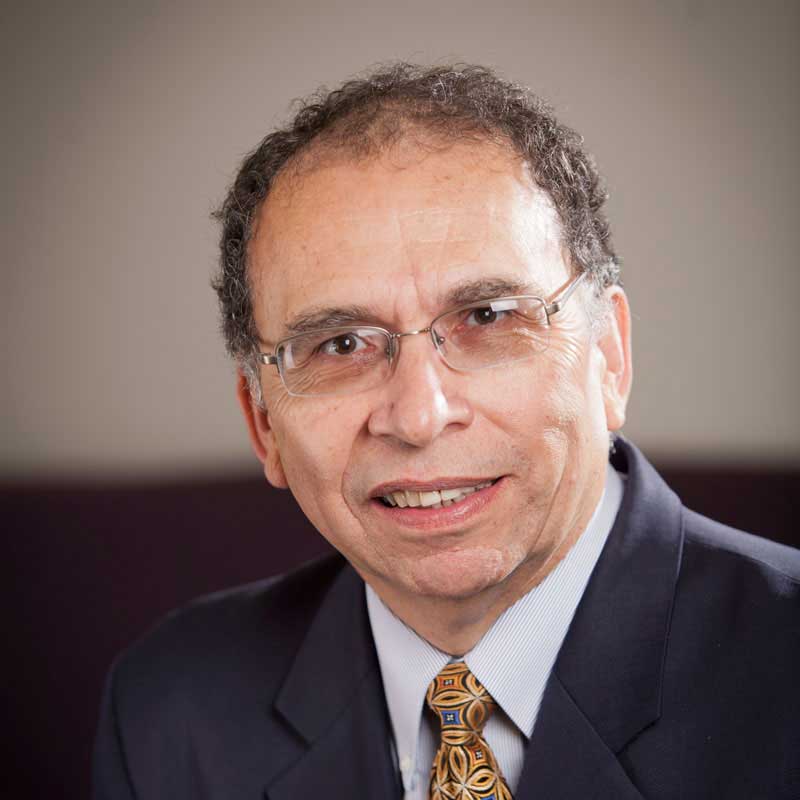 The discussion will consider the historical recognition of tribal sovereignty by the French, British and US. A discussion of the 9 federally recognized Tribal Nations in Oregon and the meaning of “Confederated Tribes” will be followed by considerations of the impact of federal and Oregon legislation. Indian gaming will be reviewed, followed by current issues at State and Federal levels.
The discussion will consider the historical recognition of tribal sovereignty by the French, British and US. A discussion of the 9 federally recognized Tribal Nations in Oregon and the meaning of “Confederated Tribes” will be followed by considerations of the impact of federal and Oregon legislation. Indian gaming will be reviewed, followed by current issues at State and Federal levels.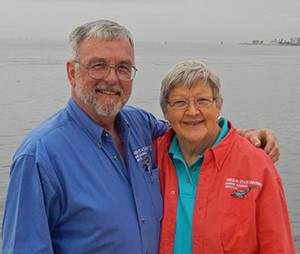 We will learn how Dr. Mate transformed a one-man operation into a highly respected, globally recognized Institute, now the second largest in the world for the study of marine mammals. He will also present current research and telemetry studies.
We will learn how Dr. Mate transformed a one-man operation into a highly respected, globally recognized Institute, now the second largest in the world for the study of marine mammals. He will also present current research and telemetry studies. State and non-state actors today must maneuver a complex and rapidly evolving media landscape. Conventional journalism now competes with use-generated content. Official channels of communication can be circumvented through social media. Foreign policy is tweeted from the White House and “fake news” has entered the zeitgeist. Cyberwarfare, hacking and misinformation pose complex security threats. How are actors using media to pursue and defend their interests in the interna
State and non-state actors today must maneuver a complex and rapidly evolving media landscape. Conventional journalism now competes with use-generated content. Official channels of communication can be circumvented through social media. Foreign policy is tweeted from the White House and “fake news” has entered the zeitgeist. Cyberwarfare, hacking and misinformation pose complex security threats. How are actors using media to pursue and defend their interests in the interna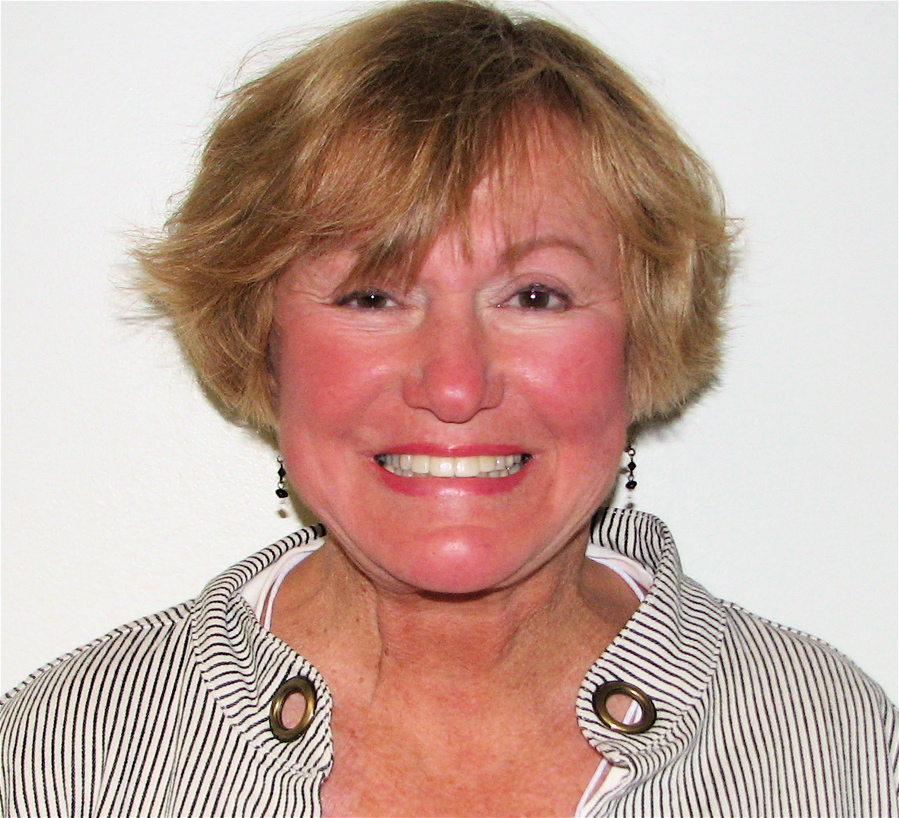
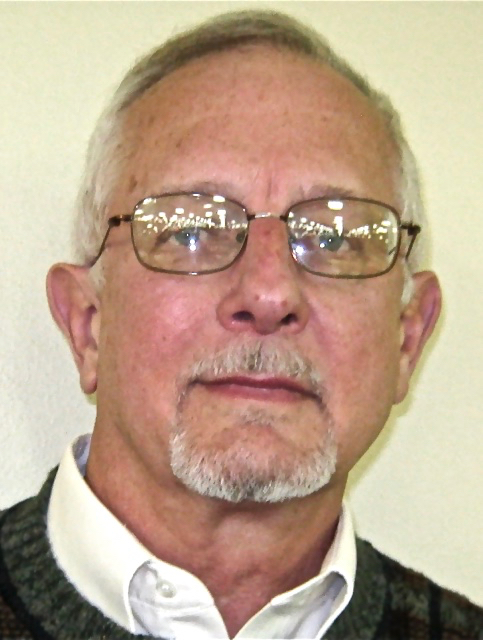
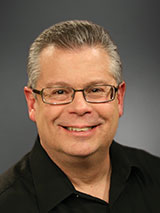 "One-hit wonders" is a phrase we use to identify people who achieved success early in their lifetimes, never to do so again. Like other forms of music, concert music has seen its fair share of one-hit wonders, including Max Bruch's Violin Concerto s G Minor of 1867, Englebert Humperdinck's Hansel; and Gretel of 1893, and Carl Orff's Carmina Burana of 1936.. To this list, we can add Claude rouget de L'Lisle, who wrote the words and music of a song he entitled "War Song of the Army of the Rhine." We know it as "The Marseilles", and it became the French national anthem. In 1830, it was arranged for vocal soloists, chorus, and orchestra by Hector Berlioz.
"One-hit wonders" is a phrase we use to identify people who achieved success early in their lifetimes, never to do so again. Like other forms of music, concert music has seen its fair share of one-hit wonders, including Max Bruch's Violin Concerto s G Minor of 1867, Englebert Humperdinck's Hansel; and Gretel of 1893, and Carl Orff's Carmina Burana of 1936.. To this list, we can add Claude rouget de L'Lisle, who wrote the words and music of a song he entitled "War Song of the Army of the Rhine." We know it as "The Marseilles", and it became the French national anthem. In 1830, it was arranged for vocal soloists, chorus, and orchestra by Hector Berlioz.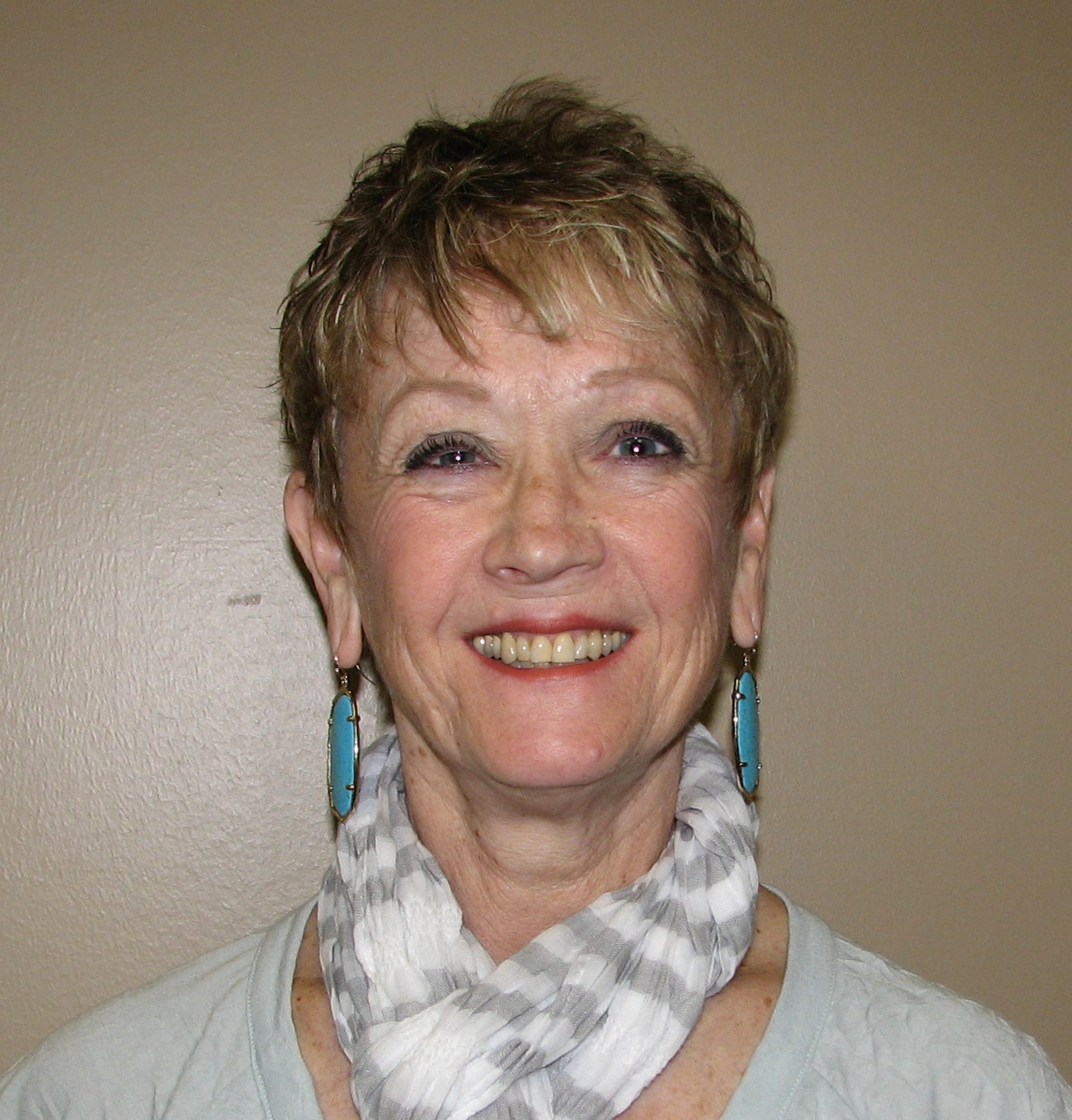 Since Dr. Greenberg so kindly opened his lecture by listing several other classical musical works which can be termed "one-hit-wonders", let's explore those three very well known compositions, quite varied in style and genre, to see what makes them great, beloved, and regularly included in concert programs. We will hear portions of Max Bruch's Violin Concerto in G Minor, the children's opera Hansel and Gretel by Englebert Humperdinck, and Carl Orff's Carmina Burana
Since Dr. Greenberg so kindly opened his lecture by listing several other classical musical works which can be termed "one-hit-wonders", let's explore those three very well known compositions, quite varied in style and genre, to see what makes them great, beloved, and regularly included in concert programs. We will hear portions of Max Bruch's Violin Concerto in G Minor, the children's opera Hansel and Gretel by Englebert Humperdinck, and Carl Orff's Carmina Burana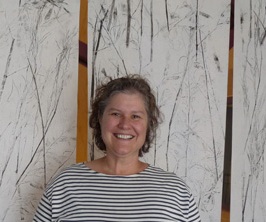 Internationally exhibited artist and Salem resident Ann Kresge will speak about her art practice and her concepts about creativity. Through images and sound she will present her printmaking, artists' books, installation and interart collaborations. She will share her experiences from being an artist in residence around the world, most recently in Buenos Aires, Argentina.
Internationally exhibited artist and Salem resident Ann Kresge will speak about her art practice and her concepts about creativity. Through images and sound she will present her printmaking, artists' books, installation and interart collaborations. She will share her experiences from being an artist in residence around the world, most recently in Buenos Aires, Argentina.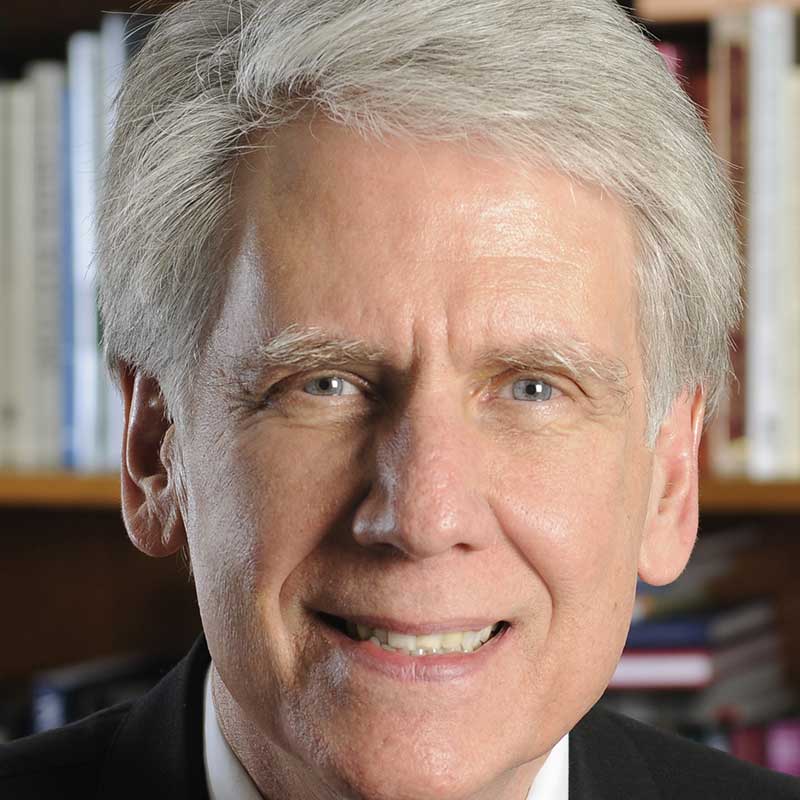 The Hallie Ford Museum of Art at Willamette University opened its doors in the fall of 1998, and over the past twenty years, has emerged as one of the best small college museums of art in the country. Director John Olbrantz will highlight some of HFMA’s significant accomplishments over the past two decades and will share his thoughts on the challenges and opportunities that lie ahead.
The Hallie Ford Museum of Art at Willamette University opened its doors in the fall of 1998, and over the past twenty years, has emerged as one of the best small college museums of art in the country. Director John Olbrantz will highlight some of HFMA’s significant accomplishments over the past two decades and will share his thoughts on the challenges and opportunities that lie ahead.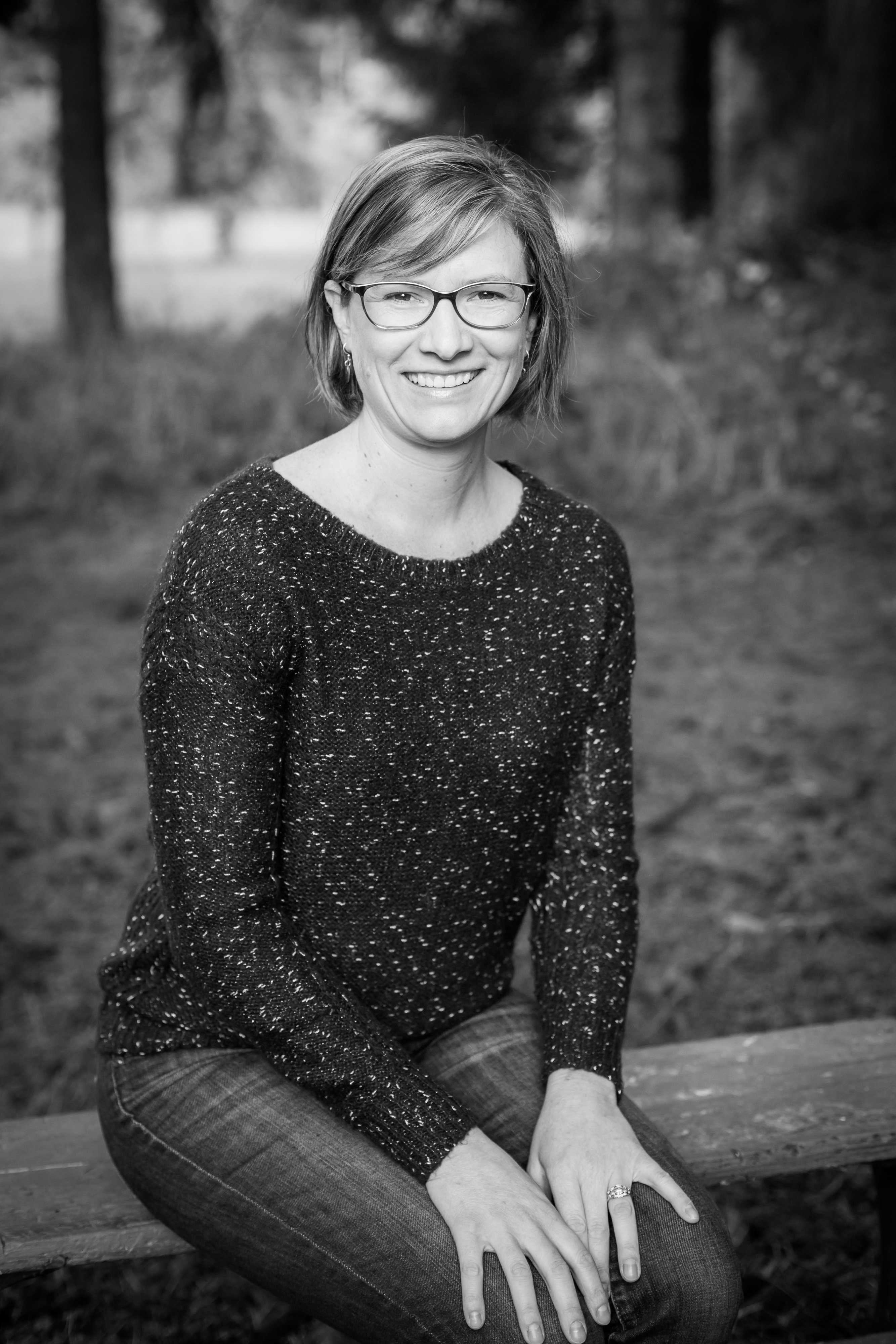 Much has changed in end of life care over the last 50 years and will continue to do so in the near future. Melissa Lindley will discuss how hospice care formed internationally and in our local community, as well as the changing dynamics that turned what started as a grassroots service across the nation into a billion-dollar industry. Melissa will discuss the options available today for end of life care and what may be on the horizon in the future. Melissa will discuss controversies, choices, and the things healthcare consumers need to know to plan ahead for the end of life experience they desire for themselves and their loved ones.
Much has changed in end of life care over the last 50 years and will continue to do so in the near future. Melissa Lindley will discuss how hospice care formed internationally and in our local community, as well as the changing dynamics that turned what started as a grassroots service across the nation into a billion-dollar industry. Melissa will discuss the options available today for end of life care and what may be on the horizon in the future. Melissa will discuss controversies, choices, and the things healthcare consumers need to know to plan ahead for the end of life experience they desire for themselves and their loved ones.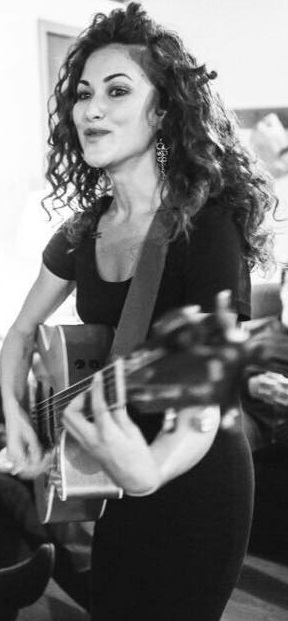 Music therapists work in a variety of settings with a wide range of clientele. In this presentation, Jessica Western, MT-BC (a nationally board-certified and state-licensed music therapist) will explain what music therapy is and how music therapy can achieve clinical outcomes for patients with terminal diagnoses and their families. When words fail, musical experiences can impart comfort, closure, and care related to medical symptoms such as pain and restlessness, social and emotional needs such as anticipatory grief, and even existential issues such as legacy, identity loss, and spiritual conflict. Jessica will bring the topic to life through the sharing of true story vignettes and the performance of songs written with and for hospice patients.
Music therapists work in a variety of settings with a wide range of clientele. In this presentation, Jessica Western, MT-BC (a nationally board-certified and state-licensed music therapist) will explain what music therapy is and how music therapy can achieve clinical outcomes for patients with terminal diagnoses and their families. When words fail, musical experiences can impart comfort, closure, and care related to medical symptoms such as pain and restlessness, social and emotional needs such as anticipatory grief, and even existential issues such as legacy, identity loss, and spiritual conflict. Jessica will bring the topic to life through the sharing of true story vignettes and the performance of songs written with and for hospice patients.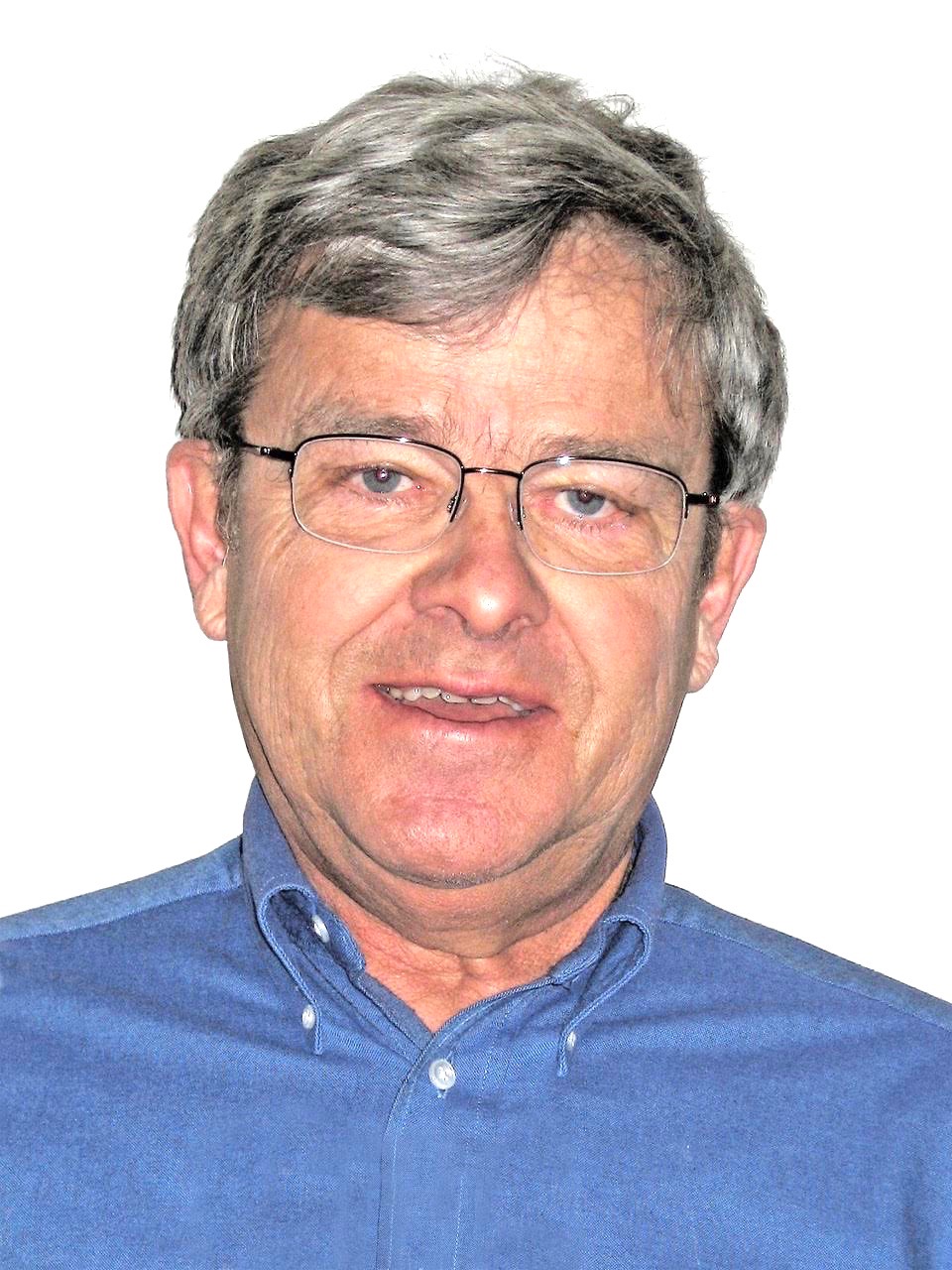 Are you familiar with TED, a nonprofit devoted to spreading ideas, usually in the form of short, powerful talks (18 minutes or less)? Did you know that most of the talks are available as a free online resource and are thus available to any ICL member planning a presentation?
Are you familiar with TED, a nonprofit devoted to spreading ideas, usually in the form of short, powerful talks (18 minutes or less)? Did you know that most of the talks are available as a free online resource and are thus available to any ICL member planning a presentation? 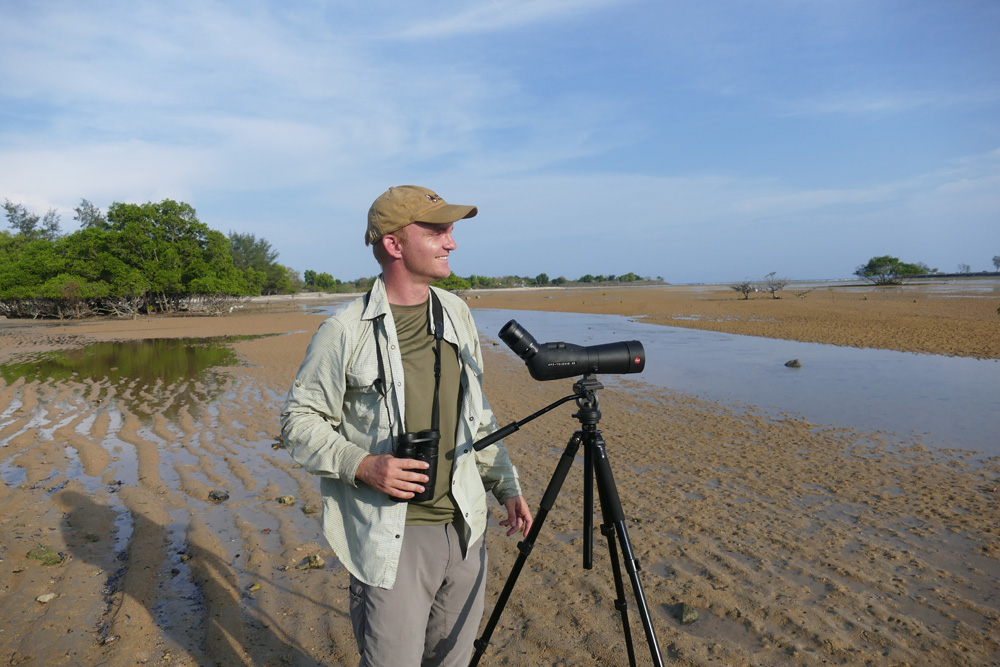 In 2015, bird nerd Noah Strycker of Oregon became the first human to see more than half of the planet’s bird species in a single, year-long, round-the-world birding trip. Anything could have happened, and a lot did. He was scourged by blood-sucking leeches, suffered fevers and sleep deprivation, survived airline snafus and car breakdowns and mudslides and torrential floods, skirted war zones, and had the time of his life. Birding on seven continents and carrying only a pack on his back, Strycker enlisted the enthusiastic support of local birders to tick more than 6,000 species, including Adelie Penguins in Antarctica, a Harpy Eagle in Brazil, a Spoon-billed Sandpiper in Thailand, and a Green-breasted Pitta in Uganda. He shared the adventure in real time on his daily blog (
In 2015, bird nerd Noah Strycker of Oregon became the first human to see more than half of the planet’s bird species in a single, year-long, round-the-world birding trip. Anything could have happened, and a lot did. He was scourged by blood-sucking leeches, suffered fevers and sleep deprivation, survived airline snafus and car breakdowns and mudslides and torrential floods, skirted war zones, and had the time of his life. Birding on seven continents and carrying only a pack on his back, Strycker enlisted the enthusiastic support of local birders to tick more than 6,000 species, including Adelie Penguins in Antarctica, a Harpy Eagle in Brazil, a Spoon-billed Sandpiper in Thailand, and a Green-breasted Pitta in Uganda. He shared the adventure in real time on his daily blog (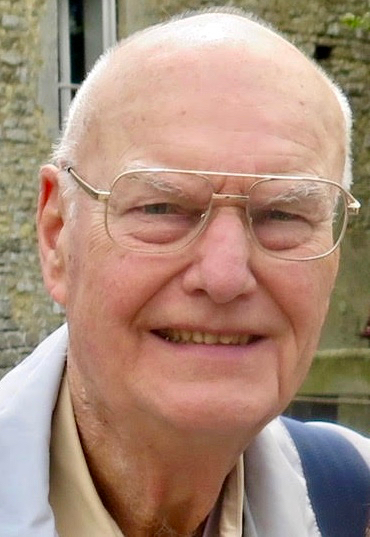 Lester has made many presentations to ICL including How We Elect A President and Korea-The Longest War. Today he follows up his talk on The Big Cats of the World with a presentation on today’s three families of bear. He also will provide some historical background of their existence in antiquity. In his presentation he will outline the bears interaction with humans over the ages until today. In closing he will try and answer the question “What future is in store for the bears?”
Lester has made many presentations to ICL including How We Elect A President and Korea-The Longest War. Today he follows up his talk on The Big Cats of the World with a presentation on today’s three families of bear. He also will provide some historical background of their existence in antiquity. In his presentation he will outline the bears interaction with humans over the ages until today. In closing he will try and answer the question “What future is in store for the bears?”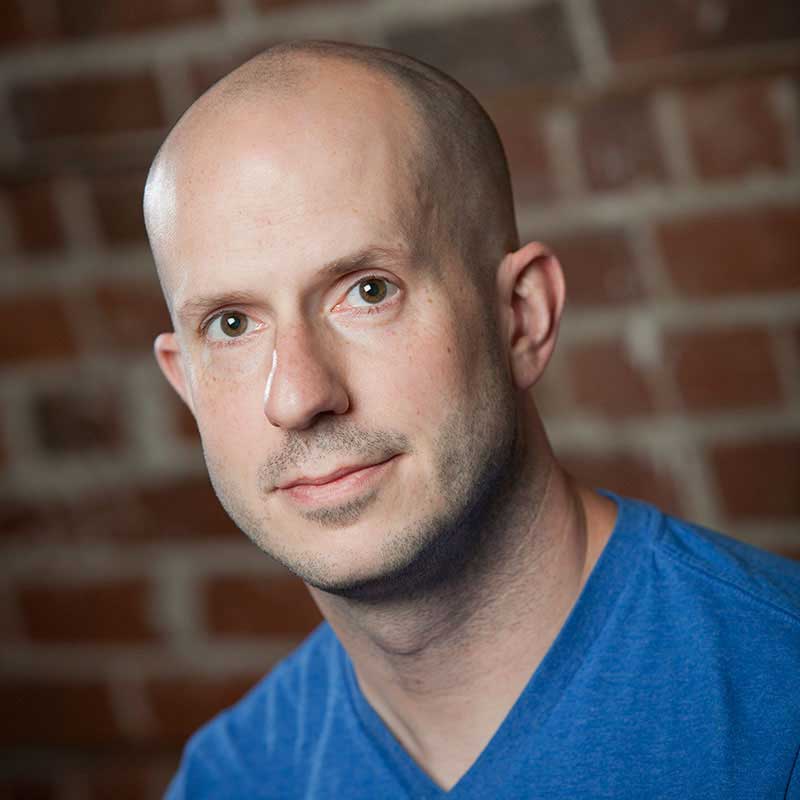 This is a work about an alienated, conflicted urbanite haunted by the past and numb to the world. And while there is no mention of ghosts, it has a dreamlike quality, a heightened satire that quickly spins into the surreal.
This is a work about an alienated, conflicted urbanite haunted by the past and numb to the world. And while there is no mention of ghosts, it has a dreamlike quality, a heightened satire that quickly spins into the surreal.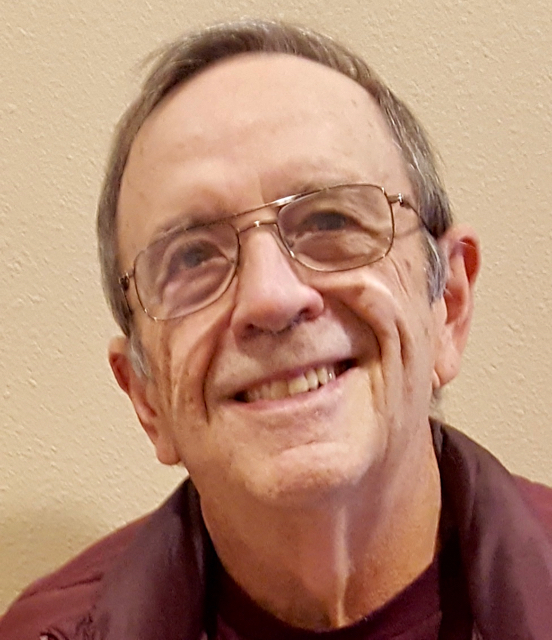 Our presenter is ICL member Bob Plantz. In 1893, historian Frederick Jackson Turner suggested that the story of American development was the story of dirt. Of course, he used more scholarly language: “The existence of an area of free land, … and the advance of American settlement westward explain American development.” In short, Turner said that American history and the American character can be understood in the context of the quest for dirt; free dirt, more dirt, someone-else’s dirt, owning-your-own dirt, valuable dirt (and rock). The mining frontier resulted from the quest for valuable dirt and rock, ie. precious metals. For over half a century, in each new mining district the frontier process repeated, evolving from a simple to a much more complex model. Also for over half a century the Plantz family lived this process in Silverton, Colorado. The history of Silverton and its families serves as a microcosm of the development of the Western mining frontier.
Our presenter is ICL member Bob Plantz. In 1893, historian Frederick Jackson Turner suggested that the story of American development was the story of dirt. Of course, he used more scholarly language: “The existence of an area of free land, … and the advance of American settlement westward explain American development.” In short, Turner said that American history and the American character can be understood in the context of the quest for dirt; free dirt, more dirt, someone-else’s dirt, owning-your-own dirt, valuable dirt (and rock). The mining frontier resulted from the quest for valuable dirt and rock, ie. precious metals. For over half a century, in each new mining district the frontier process repeated, evolving from a simple to a much more complex model. Also for over half a century the Plantz family lived this process in Silverton, Colorado. The history of Silverton and its families serves as a microcosm of the development of the Western mining frontier. 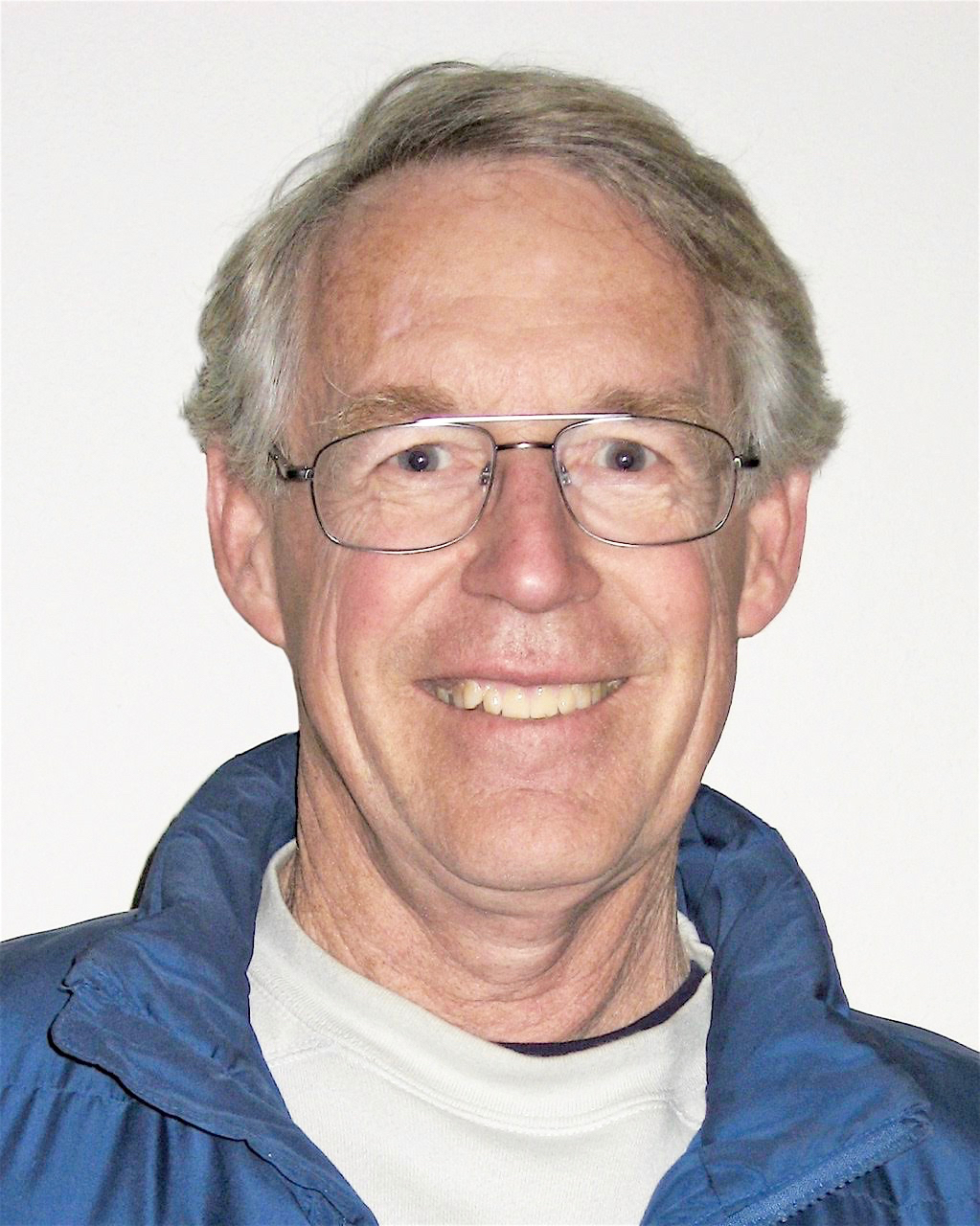 Dogs are a common pet in American households and are found throughout the world. How did they get here? What is unique about their evolution? What role did they play in the ancient civilizations of Egypt, Greece, India, and China and how have these roles changed or stayed the same in our modern societies? Why are dog breeds a modern concept? Did you know that 3/4 of the world’s dogs don’t have an owner? If you have a dog, they know more about you than you about them. These and other questions will be explored and answered.
Dogs are a common pet in American households and are found throughout the world. How did they get here? What is unique about their evolution? What role did they play in the ancient civilizations of Egypt, Greece, India, and China and how have these roles changed or stayed the same in our modern societies? Why are dog breeds a modern concept? Did you know that 3/4 of the world’s dogs don’t have an owner? If you have a dog, they know more about you than you about them. These and other questions will be explored and answered.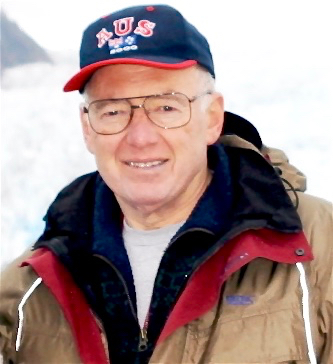 In this first hour, Peter will detail the incontrovertible scientific evidence for climate change, and document dramatic changes underway in the Arctic and Antarctic, in the world's glaciers and snow cover, in rising sea levels, and even in the diminishing availability of fresh water.
In this first hour, Peter will detail the incontrovertible scientific evidence for climate change, and document dramatic changes underway in the Arctic and Antarctic, in the world's glaciers and snow cover, in rising sea levels, and even in the diminishing availability of fresh water.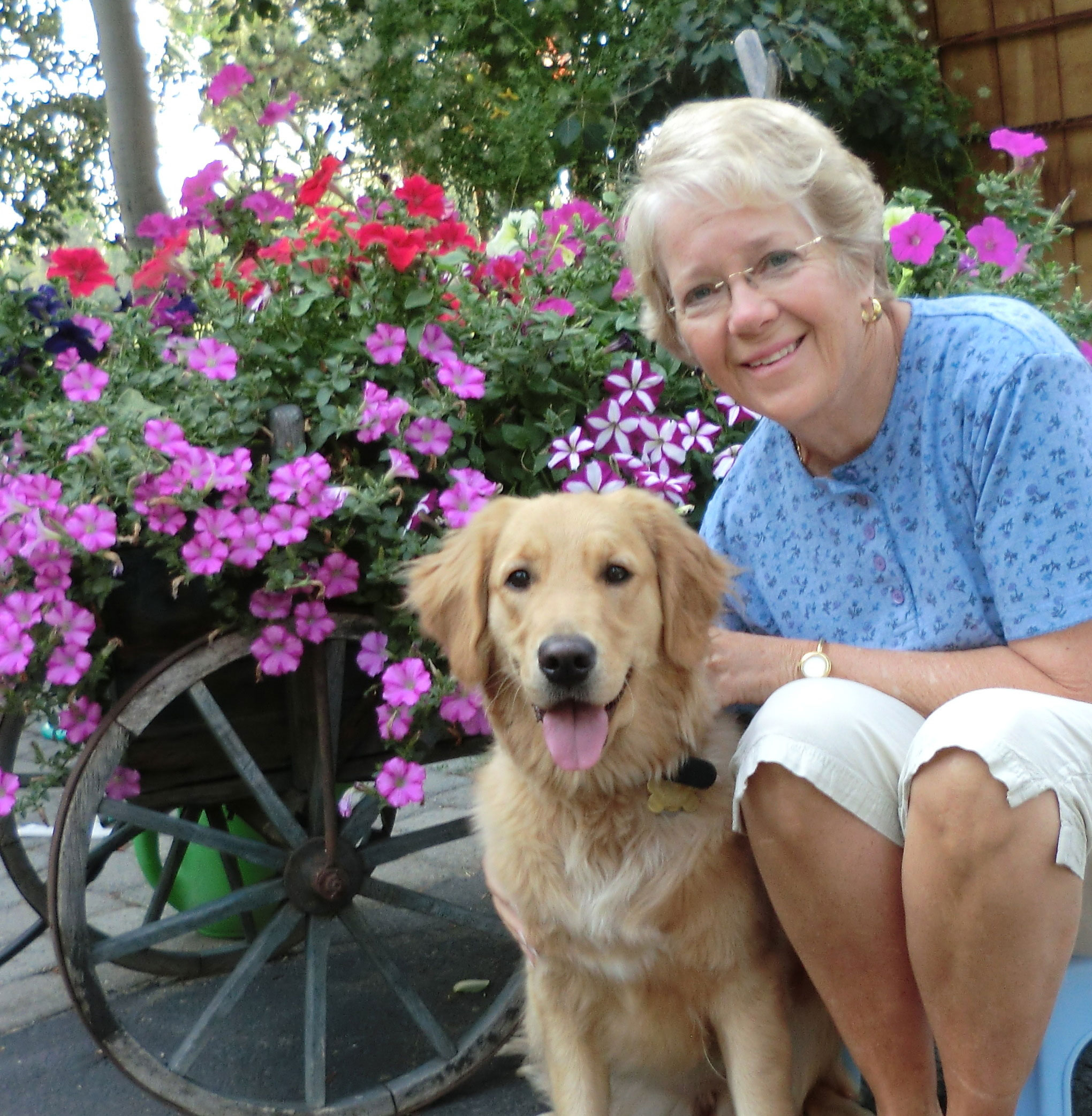 Assisting people with vision problems regain their independence in their daily lives has been one of the most rewarding experiences of my life. I have been involved with the first part of the training -- taking an eight week old puppy and making it into a well assured, well behaved dog that I've exposed to as many experiences and situations as possible so that it will be comfortable in its years of guiding. I will discuss what is involved at all levels in its training, including changes that have occurred in training plus the working environments in the community. What is proper etiquette when you encounter a working guide dog? I will bring a puppy in training with me for demonstration. The proliferation of "fake" service dogs in the past years has created an enormous burden on people with actual disabilities. Companies today are trying to deal with this and unintentionally create even more problems. Passing a pet as a service animal is not only unethical, it's illegal.
Assisting people with vision problems regain their independence in their daily lives has been one of the most rewarding experiences of my life. I have been involved with the first part of the training -- taking an eight week old puppy and making it into a well assured, well behaved dog that I've exposed to as many experiences and situations as possible so that it will be comfortable in its years of guiding. I will discuss what is involved at all levels in its training, including changes that have occurred in training plus the working environments in the community. What is proper etiquette when you encounter a working guide dog? I will bring a puppy in training with me for demonstration. The proliferation of "fake" service dogs in the past years has created an enormous burden on people with actual disabilities. Companies today are trying to deal with this and unintentionally create even more problems. Passing a pet as a service animal is not only unethical, it's illegal.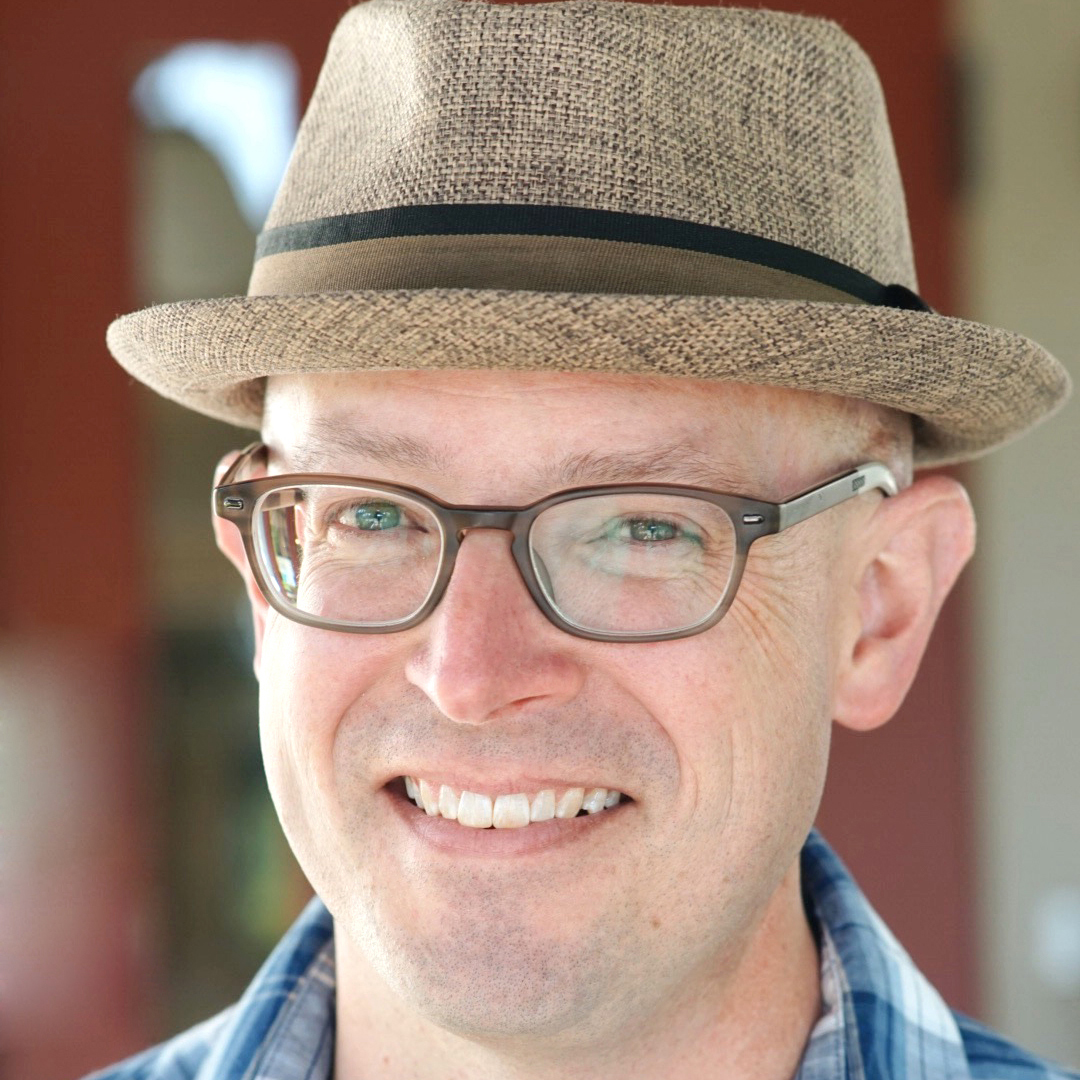 An overview of my role and function as a Gallery Director. I will explain the process of how a show is proposed through its installation. I’ll also include information about upcoming events at the Salem Art Association.
An overview of my role and function as a Gallery Director. I will explain the process of how a show is proposed through its installation. I’ll also include information about upcoming events at the Salem Art Association.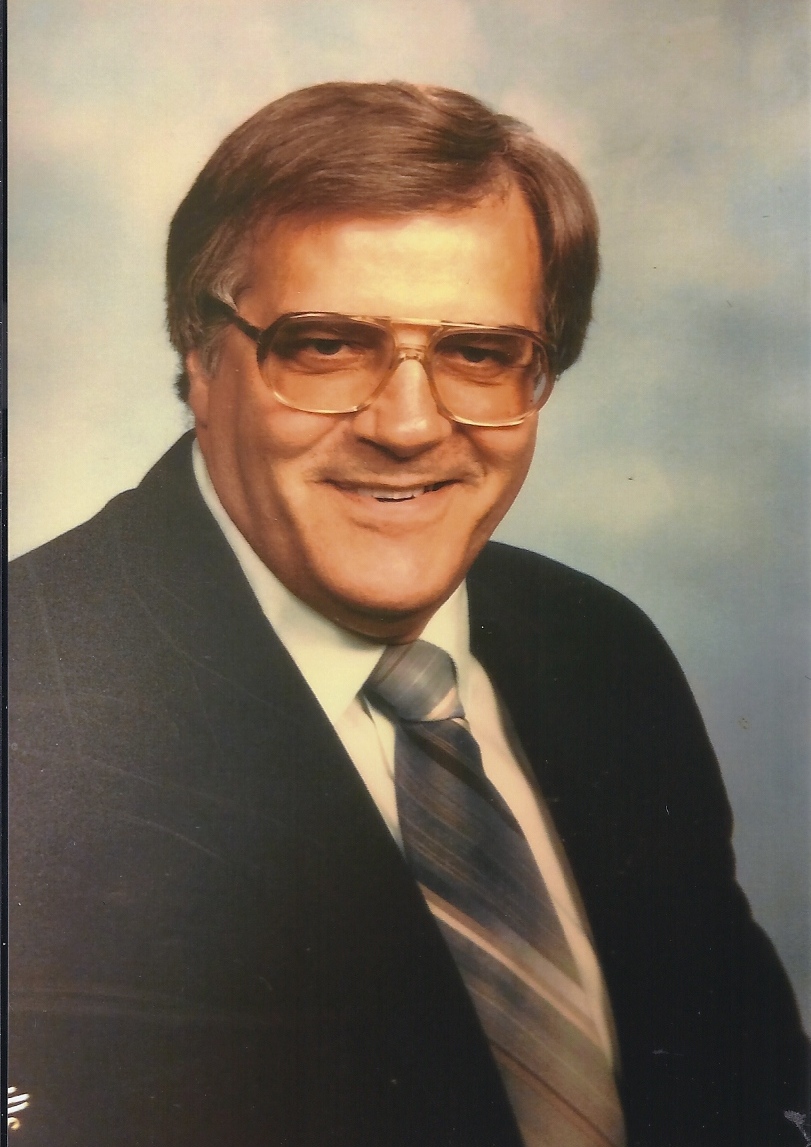 The first hour will feature a video on the development of the Atomic and Hydrogen bombs. During the second hour John will talk about his experience as a marine sergeant aboard the USS Curtiss, a sea plane tender which served as the flag ship for a secret mission, Castle Bravo. This mission was classified for many decades, but now John can describe the events that took place on Binkini Atoll in the Pacific Ocean, including the detonation of the first deliverable Hydrogen Bomb on March 1, 1954.
The first hour will feature a video on the development of the Atomic and Hydrogen bombs. During the second hour John will talk about his experience as a marine sergeant aboard the USS Curtiss, a sea plane tender which served as the flag ship for a secret mission, Castle Bravo. This mission was classified for many decades, but now John can describe the events that took place on Binkini Atoll in the Pacific Ocean, including the detonation of the first deliverable Hydrogen Bomb on March 1, 1954.